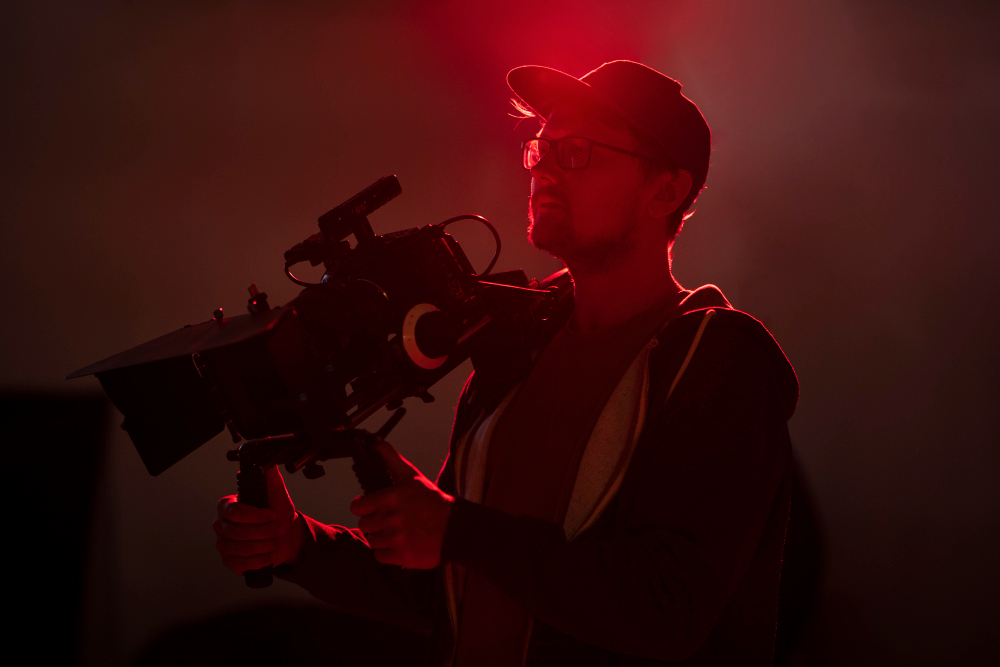Artificial intelligence is changing how movies cast actors. It speeds up the casting process by analyzing facial features and other criteria. This means filmmakers can quickly explore a wider pool of talent. AI tools not only identify the best actors but also generate digital characters.
Here’s how AI is making waves in casting:
- Actor Analysis: AI evaluates actors based on specific features, making the selection process faster.
- Digital Characters: It creates celebrity imagery and digital characters, offering more flexibility in casting decisions.
- Voice Replication: AI replicates voices, allowing characters to continue even when actors aren’t available.
AI brings efficiency and creativity to casting, enabling filmmakers to make quick and informed decisions. This technology opens up new possibilities, transforming the way movies are made and experienced.
AI in Scriptwriting and Production
AI is changing how scripts are written and movies are made. By analyzing huge datasets, AI helps generate unique scripts and improve existing ones. This means more creative storytelling and less time spent on repetitive tasks.
AI tools are also streamlining pre-production. They handle scheduling and location scouting, saving filmmakers time and resources. Imagine having a smart assistant that organizes everything for you.
AI-generated imagery and animations add a new layer to storytelling. They allow creators to explore creative visual content without needing massive budgets. This opens doors for independent filmmakers to compete with larger studios. For those interested in leveraging AI for visual content creation, Meta AI offers tools designed to enhance productivity and creativity, particularly for marketers and designers.
Here’s a look at how AI enhances production:
- Script Analysis: AI evaluates and refines scripts, enhancing dialogue and plot structure.
- Scheduling: It optimizes shooting schedules, ensuring efficient use of time and resources.
- Location Scouting: AI identifies ideal locations, considering logistics and aesthetics.
AI tools are making filmmaking more accessible and efficient. They empower creators to focus on the art of storytelling while managing the complex details of production.
Ethical Concerns in AI Casting
AI in movie casting brings exciting possibilities, but it also raises ethical concerns. Data privacy is a major issue. AI systems analyze vast amounts of personal data, including facial recognition and voice patterns, to select actors. Ensuring this data is handled responsibly is crucial.
Consent is another concern. AI-generated voices and digital likenesses can mimic real people, sometimes without permission. This raises questions about who owns these digital representations and how they should be used.
AI’s ability to replace human creativity is also debated. While it offers efficiency, there’s a fear that relying too heavily on AI might diminish the unique touch of human artists and creators.
Legal implications are significant. AI blurs traditional intellectual property boundaries. Who owns AI-generated content? What happens when a digital likeness is used without an actor’s consent? These are questions that existing laws struggle to address. For a deeper understanding of these challenges and the ethical considerations involved, explore our insights on the risks and challenges of artificial intelligence.
- Data Privacy: Protecting personal information used in AI casting.
- Consent: Ensuring actors agree to the use of their digital likenesses.
- Creativity: Balancing AI efficiency with human artistic input.
- Intellectual Property: Navigating ownership of AI-generated content.
Navigating these challenges requires revised regulations and thoughtful approaches to how AI is integrated into the film industry.
Image : Freepik

Leave a Reply